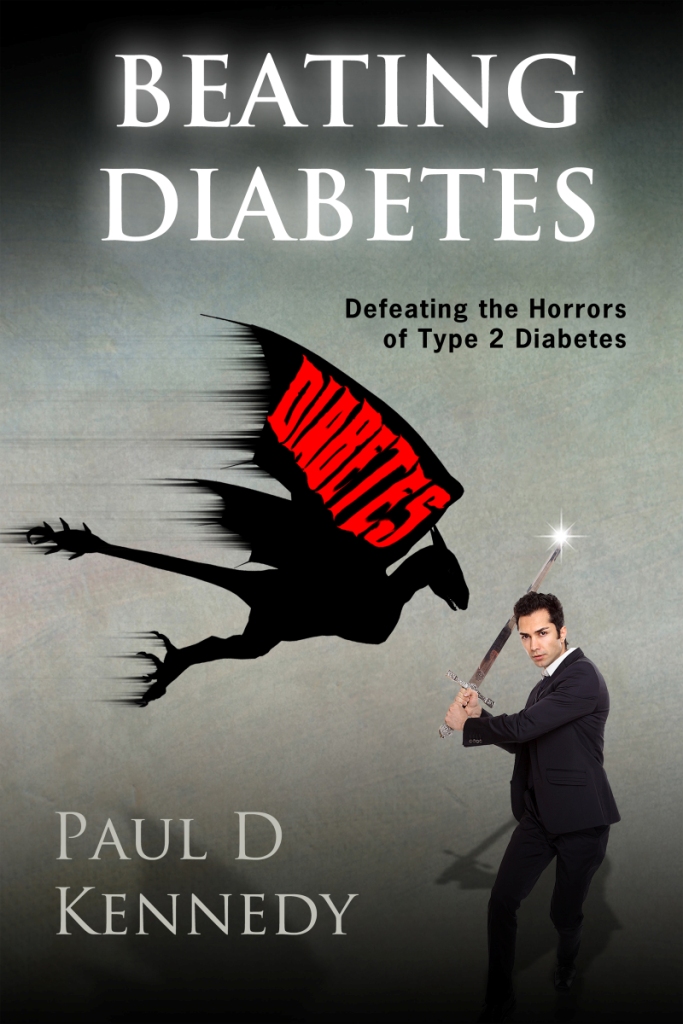Eggs are highly nutritious. Yet I don’t eat them at all, because I feel that avoiding eggs is crucial to beating my diabetes. Here’s why.
I have been following a low or minimal fat diet for the last four years and, by adhering to this diet, I have managed to bring my type 2 diabetes under control without using any medications.
When you consider the amount of fat an egg contains, it’s not hard to understand why I feel it is essential to avoid eggs in order to beat diabetes.
However I would not recommend a healthy person, who has no trace of pre-diabetes even, to stop eating eggs. Eggs are nutritious.
What’s in an egg?
An egg consists of a yellow yoke (vitellus) surrounded by the egg white (albumen), all inside a protective shell. There are many kinds of edible eggs but chicken eggs are most commonly eaten.
Chicken eggs are a great source of protein, which is not surprising as a chick has to be formed from just the contents inside the shell.
In fact eggs supply all the essential amino acids you need to rebuild your muscles. An essential amino acid is an amino acid that cannot be synthesized by your body from other nutrients and therefore must be supplied in the diet.
However this protein is animal protein which is hard on the kidneys.
Though the yolk contains a bit less than half of the total protein and most of the other nutrients, it is essentially pure fat … 5 grams of fat in a normal-sized hen’s egg.
A large yolk also contains over 200mg of cholesterol, as much cholesterol as you’ll find in a large 8oz steak and more than two-thirds of the recommended daily intake of 300 mg.
Eggs do not contain any complex carbohydrates or dietary fibre. The lack of carbohydrate means that eggs do not appear on the glycemic index.
But eggs do provide an abundance of vitamins and minerals, including vitamins A, D, E, B2, B3, B6 and B12, iron, calcium, phosphorus and potassium. Its vitamins A, D and E are in the egg yolk. The egg is one of the few foods that contain vitamin D.
Eggs also contain choline. Choline is an essential nutrient used in the synthesis of the components used to construct the body’s cell membranes. It is also an important nutrient for the development of the brain, and pregnant and nursing women need adequate amounts of choline to ensure healthy foetal brain development. It must be consumed through the diet for the body to remain healthy.
One egg-yolk contains approximately half of the recommended daily intake of choline.
Conclusion
Eggs therefore would appear to be a pretty necessary part of the human diet. The short answer is ‘yes but …’
The problem is the vast quantities of animal fat (and cholesterol) you have to ingest just to get that protein and all those micro-nutrients, which is why I have cut eggs out of my diet.
As I explained in a previous article, insulin resistance is most likely due to fat blocking receptors in muscle cells. I have eliminated fat from my diet as far as possible in order to unclog these receptors.
Doing so enables insulin to attach itself to receptors in the surface of these cells. This causes the cell membranes to allow glucose to enter the cells. In this way my insulin resistance is overcome.
Strictly avoiding eggs (and dairy products) seems to work for me. For the last four years my numbers (blood glucose and HbA1c) have been squarely within the recommended ranges without the use of any medications, ie my diabetes is well under control.
However, in avoiding eggs in my diet, I know I am also eliminating an important source of some very necessary vitamins and minerals from my diet.
This is why, if you follow my example, you must … absolutely must … take dietary supplements to make up for any shortfalls, which I do on a daily basis.
